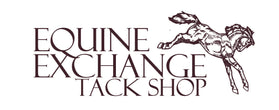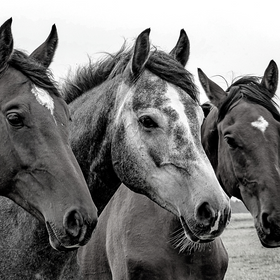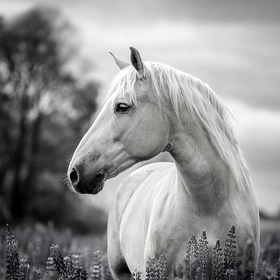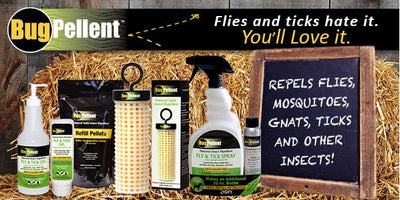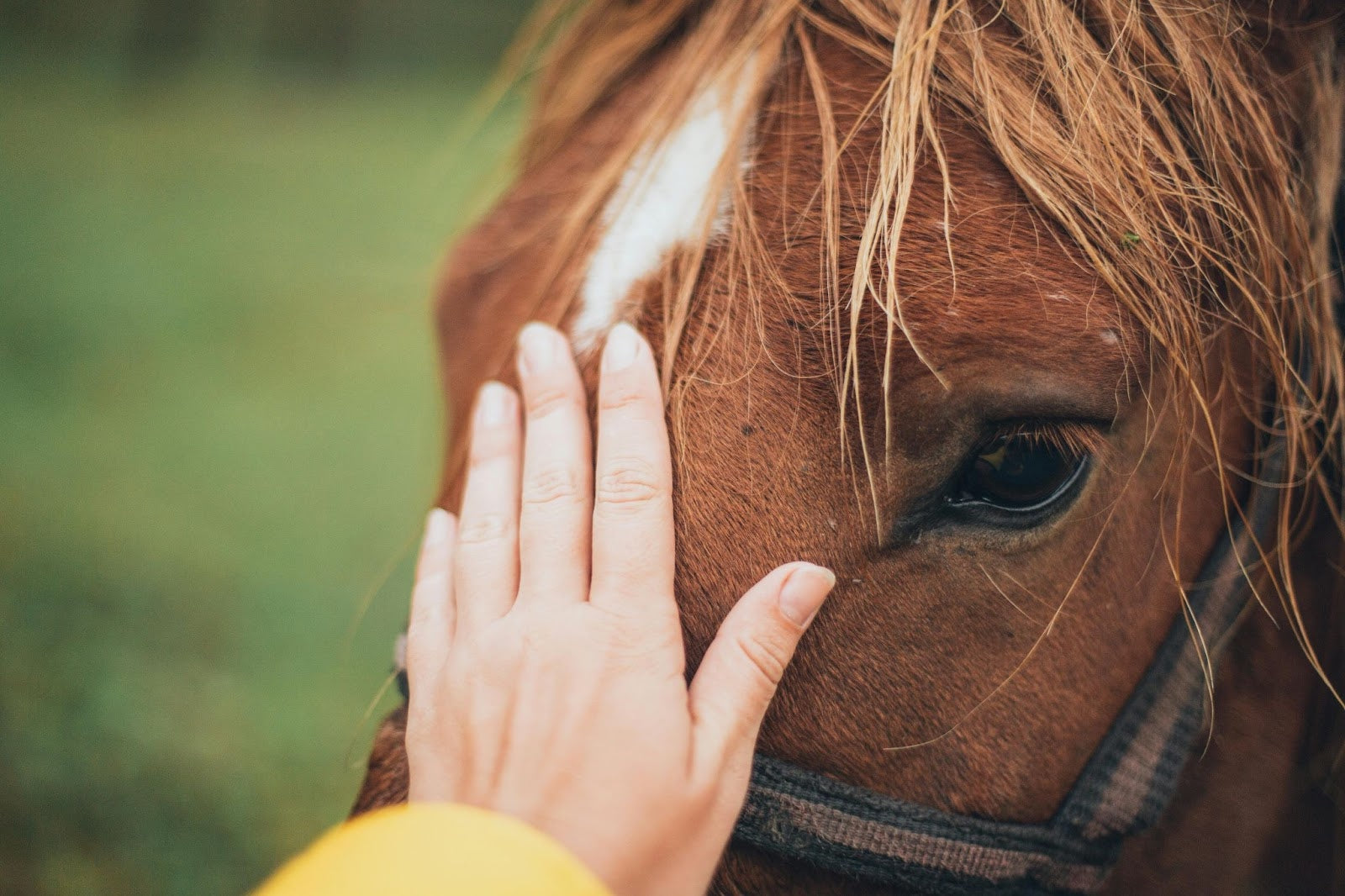
Show Your Horse Some L.O.V.E.
Leather Care for Tack
Your tack is one of the biggest investments you will make outside of purchasing your horse. So, it is important to take care of it! Well-cared-for leather tack will last a lifetime. Without proper care, leather will dry out, become brittle, and break easily (which is very dangerous!). Take the time after every ride or every other ride to clean, polish, and condition your tack. You’ll find the leather becomes more and more supple as you give it the moisture it needs.
Choose the Right Leather Polish
It is best to choose a type of polish specifically designed for leather. Other products may damage your leather. When choosing the correct leather polish, understand the type of leather you’re cleaning. Some polishes can work with multiple types of leather, but most are to be used with specific types such as suede or smooth. Read the description and reviews of a polish before purchasing.
Follow Your Leather Polish with Leather Conditioner
After you apply your leather polish, you should complete your leather treatment with conditioner. Leather tends to dry out, just like skin. Conditioner extends the life of your leather by preventing cracks. Rub the conditioner in a circular motion using a clean cloth to keep your leather supple.
Ointments for Wounds
Identifying Types of Wounds
Before applying ointment to a wound, you need to understand the wound. You need to check the depth of the wound and determine the cause. You will treat a small abrasion differently than an infected puncture wound. If a wound is deep or infected, contact your veterinarian immediately. Remember, if the wound needs stitches and ointment has been applied, it can actually inhibit healing.
Selecting Appropriate Ointments
Ointments you may choose from based on the wound:
- Antibiotic
- Antifungal
- Burn
- Aloe vera
- Tea tree oil
When necessary, you will need to add a sterile bandage to prevent your horse from removing the ointment or further irritating the wound. This is particularly true if stitches were required.
Vitamins and Supplements
Supplements and vitamins are a common part of a horse’s diet, especially if they have higher physical demands, such as broodmares, breeding stallions, and horses used in competitions.
Work with your veterinarian to determine if your horse would benefit from additional supplementation. If your horse is eating hay, your veterinarian may ask for a hay analysis to determine what nutrients your horse is gaining through forage. Like humans, you don’t want to supplement a nutrient that is unnecessary. In the best case, the supplement is wasted, but some supplements can cause issues if your horse is getting too large a dose from multiple sources.
Emotional Bonding
The best way to show love to your horse is through emotional bonding. Horses need to trust humans, particularly their owners, caretakers, and riders. Horses are very instinctual creatures, so spending time with them and gaining their trust is well worth it. Grooming is an easy way to bond with your horse in a low-stress environment. Grooming releases tension and allows your horse to relax.
